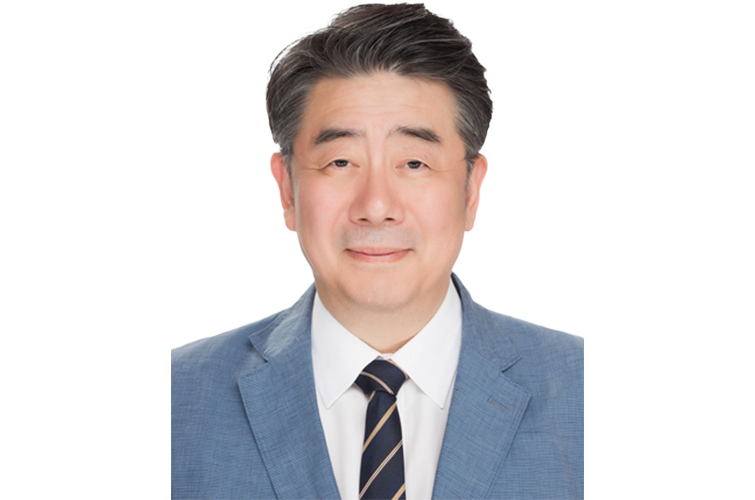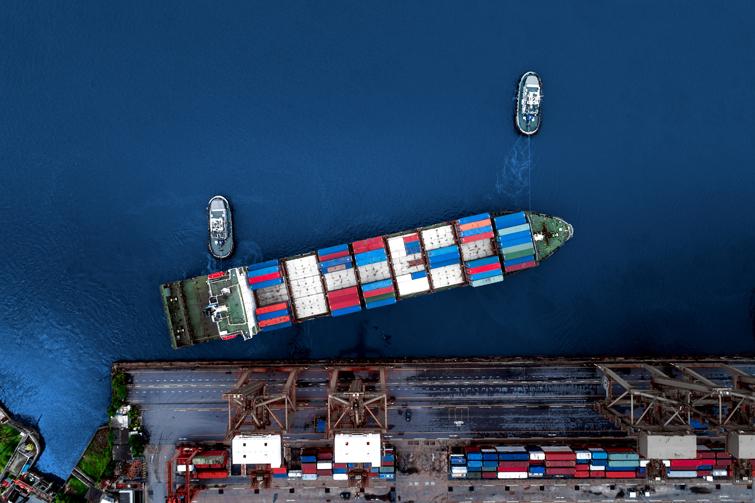
Michel D. Yoon, Head of Global Company Research, Fortune Korea
Michel is the Head of Global Company Research at Fortune Korea. Prior to that he was the Chief Producer of edaily Economic TV. He’s also worked as the Head of Research in Meritz Securities, Head of Equity Research in Daewoo Securities Global Research Team and Sales Director at Daewoo Securities London Ltd.

RCEP covers 30% of global GDP, 28% of global trade and 29% of the global population and is considered a promising and constructive step towards free trade in the Asia-Pacific region. Almost all companies – from micro-companies with fewer than 10 employees, to small to medium-sized enterprises, to large corporations will be affected by the agreement. Many of them will gain new opportunities to trade in the region.
RCEP, as the world’ largest trade and investment pact, is very comprehensive. Even for South Korea, which already has bilateral free trade agreements (FTAs) with the EU, China, and Australia, amongst many others, RCEP offers new opportunities. Both local and foreign companies based in South Korea have realized that RCEP’s levels of tariff concessions on goods as well as rules of origin criteria are different from existing FTAs.
There are a few key provisions of the agreement for companies trying to move up the regional value chain (RVC) that are worth noting. The first is RCEP Article 3.4: “Cumulation”. According to the provision, goods and materials which are used in another member country as materials in the production of other goods or materials, shall be considered as originating in the member country where working or processing of the finished good or material has taken place. As for the manufacturing company, if the final product is produced in Korea, even if the raw materials came from elsewhere, the final product may be treated as originating in South Korea, so long as materials comply with the origin requirement. As a result, companies will be able to avoid trade barriers and improve the integration of industrial supply chains.
In addition, RCEP allows private exporters in the member countries to issue certificates of origin by themselves if they are properly authorized. This is different from other FTAs that only allow the governing body to issue certificates. The rule will make the process of authorization more efficient in each member country.
Secondly, Article 3.16: Proof of Origin stipulates that an issuing body, approved exporter, or exporter of an intermediate member country may issue a ‘Back-to-Back Proof of Origin’ certificate, which is a key feature of RCEP. It is a kind of proof of origin issued by the issuing authorities in the intermediate RCEP country for re-exports of goods, based on proof of origin issued in the initial exporting member country. This could mean that micro, small and medium enterprises (MSME) carrying out packaging, separation of consignments and labeling in intermediate countries will grow. RCEP’s back-to-back proof of origin rules have important and positive implications for regional value chains by providing opportunities to traders among member countries. Eventually, RCEP will allow member countries to benefit from preferential tariffs when importing goods and materials from other member countries.

Thirdly, RCEP will have a big impact on intraregional foreign direct investment (FDI). Chapter 10: “Investment” includes provisions regarding the treatment of favorable nations, fairness and equity among member countries. Articles in Chapter 10 also specify the promotion and facilitation of investment to boost mutual cooperation in investment activities. The region has already been a key FDI destination accounting for 16% of global FDI stock and 24% of total global FDI flows. Many investors around the world motivated by the easing of FDI restrictions, coupled with the growing value of intra-regional trade, will see new investment opportunities in the region.
Chapter 8: “Trade in Services” will boost some service industries such as finance, telecommunications, and electronic commerce – which will benefit most from growing FDI opportunities. Less restrictive regulations on these industries will make the market more attractive and increase international capital flows.
Finally, tariff concessions vary substantially among member countries with each member country maintaining their own schedules of tariff concessions on goods. This means that tariff rates could vary even if the goods imported are the same.
In order to assist local exporters and importers, the Korea Customs Service (KCS) is setting up customs centers in five major cities, including Seoul. 146 staff from these centers will be ready to provide their services at the appropriate time.




















